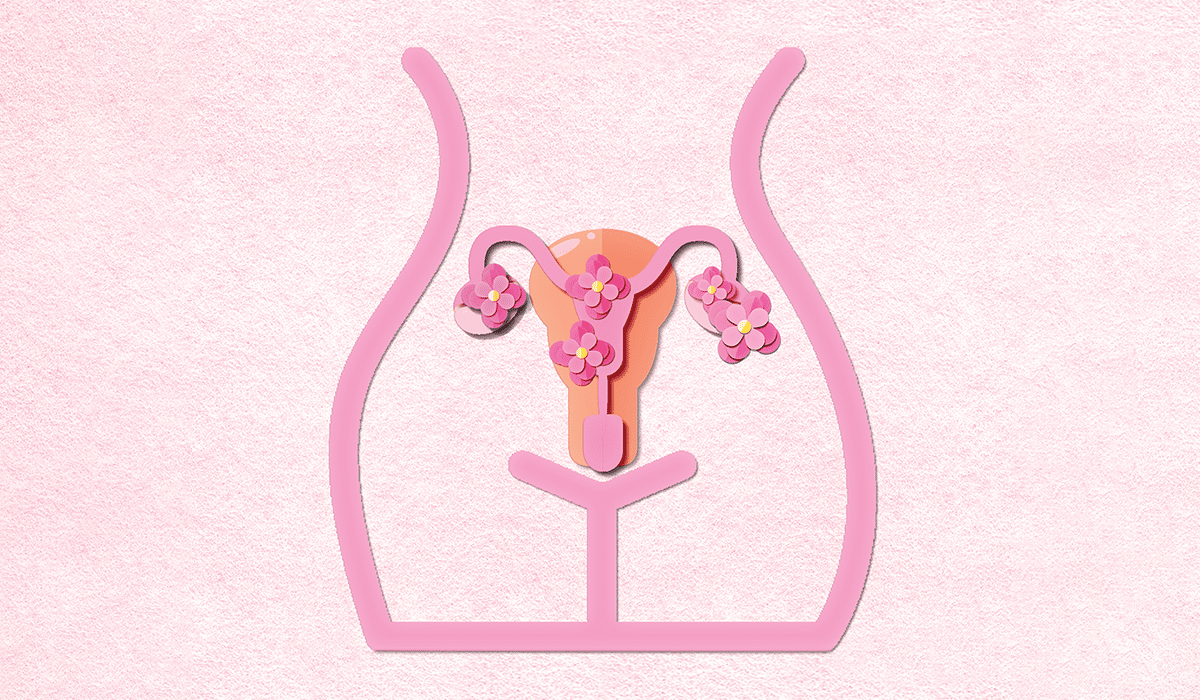We outline some of the most important chemical messengers in your body – and how to keep them functioning happily.
These little chemical messengers affect and control every response in your body. Sometimes, if they get out of whack, they can have a serious effect on your health. The Society of Endocrinology helps us understand how to keep them working optimally.
ADRENALINE: THE ‘FIGHT-OR-FLIGHT’ HORMONE
Heart racing, palms sweating… When faced with a stressful situation, adrenaline is released into your bloodstream to trigger your body to either flee or prepare to fight. Your air passages dilate to provide muscles with enough oxygen to deal with the danger, and blood is redirected to your major organs. Adrenaline also heightens your strength, performance and mental awareness, and decreases your pain receptors.
Associated risks
In these stressful modern times, your brain sometimes can’t distinguish between normal stress and real danger, so the extra rush of adrenaline can cause people to feel restless, anxious and jittery. Over time, it can also increase the risk of heart attack or stroke.
CORTISOL: THE ‘STRESS’ HORMONE
Most often associated with stress, due to its connection with your body’s fight-or-flight response, this steroid hormone actually has many other functions, including regulating metabolism, blood sugar levels and blood pressure, assisting with memory formation, and helping with the development of a foetus in pregnant women. Almost every cell in the body has cortisol receptors, which is why it has so many functions, depending on which organs the brain is communicating with.
Associated risks
Too much or too little cortisol in the bloodstream can be dangerous, and is associated with conditions such as Cushing’s syndrome, which can cause a fatty hump between your shoulders, a rounded face and pink or purple stretch marks on your skin. Unbalanced levels can also result in high blood pressure, bone loss and type-2 diabetes.

CALCITONIN
One of the most crucial hormones, calcitonin controls the levels of calcium and potassium in your body and bloodstream. Hypercalcemia (too much calcium in the blood) can cause bones to become weak, produce kidney stones and even be a warning sign of some cancers. Healthy levels of calcitonin help to regulate this by preventing the breakdown of bone and calcium entering the bloodstream.
Associated risks
Doctors say that this hormone is unique in that over- or under-production does not seem to cause any symptoms, as long as calcium levels stay constant.
Those WARM, FUZZY FEELINGS we call ‘love’ are actually THE RESULT OF OXYTOCIN being released when it’s triggered by human touch
GHRELIN: THE ‘HUNGER’ HORMONE
This hormone is produced when your stomach is empty and signals to your brain that it’s time to eat. Controlling levels of this hormone is key to weight management as it controls our appetite, food intake and fat storage.
Keep it happy
Studies have shown that avoiding processed sugar and increasing your intake of protein can keep ghrelin levels from topping the charts, thus keeping hunger at bay and helping you stay in a healthy weight range.
LEPTIN: THE ‘SATIETY’ HORMONE
Ghrelin’s counterpart, this hormone signals to the brain when you’ve had enough to eat, thus it is also crucial in weight management. The hormone is produced in fat cells, so if you decrease your body fat, you produce less leptin – if you’ve ever wondered why you’re hungrier than ever when dieting, this is the cause! But those with a high body fat percentage are not out of the woods – they produce more leptin but become resistant to its effects, causing overeating.
Keep it happy
Avoid inflammatory foods such as trans-fats, refined grains and fizzy drinks, and also get enough exercise and sleep to maintain healthy levels of leptin in your body.
MELATONIN: THE ‘SLEEP’ HORMONE
This hormone is released in waves throughout the day, affecting our sleep and wake cycles. When the sun sets in the evening and natural light begins to dim, more of this hormone is released into your body to signal to your brain that it’s time to sleep. It also lowers your core body temperature and relaxes your body.
Keep it happy
This hormone needs darkness to work optimally, therefore avoid screens late at night and hang blackout curtains in your bedroom for a good night’s sleep.

SOMATOTROPIN: THE GROWTH HORMONE
Looking for them #gains? This is the hormone that is responsible for cell growth and regeneration – read: increases muscle mass and bone density – particularly in women, as we can’t rely on testosterone (see opposite page) to do this job like men do. It’s also involved in our growth spurts as children, and in adults helps control metabolism and decrease body fat.
Keep it happy
Studies have found that those who eat a well-balanced diet and avoid refined sugar and carbohydrates have higher levels of growth hormone. High-intensity exercise also boosts GH levels naturally.
INCREDIBLE INSULIN: THE ‘BLOOD SUGAR’ HORMONE
Most commonly associated with diabetes, insulin is produced in the pancreas and controls blood sugar levels. It does this by letting the body know how to use the energy (glucose) ingested through carbohydrates. If there is too little insulin in the body, cells cannot use all the glucose for energy and instead store it as fat for later use (when glucose levels in the body drop). This is when problems start, leading to health issues such as obesity and, eventually, the dreaded type-2 diabetes. Note that type-1 diabetes is a hereditary condition that causes the body to not produce enough insulin, and needs to be treated with medication.
Keep it happy
Keeping your weight in a healthy range, avoiding processed food and sugar and excessive alcohol intake, and exercising regularly are key to optimal insulin levels. High-intensity exercise and a decent sleep schedule are also known to help keep your blood sugar levels constant.
OXYTOCIN: THE ‘BONDING’ HORMONE
Those warm, fuzzy feelings we call ‘love’ are actually the result of this hormone being released when it is triggered by human touch or connection. It is also responsible for signalling contractions to begin during labour, and for breast milk to be produced once the baby is born.
SEROTONIN: THE ‘HAPPY’ HORMONE
This is the main hormone that controls your mood and feelings of happiness. Therefore, low levels are linked to low mood, anxiety and depression. It also helps to regulate digestion.
Keep it happy
Serotonin is produced by the amino acid tryptophan, which you can get from certain high-protein foods such as salmon and turkey. Adding these foods to your diet, along with complex carbohydrates such as sweet potatoes, can help boost your serotonin naturally, as can getting 15 minutes of sunlight per day.
OESTROGEN: THE FEMALE SEX HORMONE
This hormone is responsible for setting off puberty in girls, as well as regulating your periods, supporting pregnancy and keeping bones strong. Men also produce oestrogen, but at much lower levels than women.
Associated risks
Low oestrogen (generally caused by menopause) can cause symptoms such as hot flushes, vaginal dryness, low sex drive and greying hair. Excess oestrogen (either natural or through contraceptive pills) can cause weight gain, mood swings, fibroids in the uterus and changes in your menstrual cycle.
TESTOSTERONE: THE MALE SEX HORMONE
It brings on puberty in boys and helps produce sperm. Women produce testosterone too, but much less than men. It’s beneficial to women as testosterone helps keep bones strong, builds muscles and ups our sex drive. But too much of it can cause male-pattern balding and facial hair growth (in women).
Words by Charndré Emma Kippie
Photography: Courtesy Images







